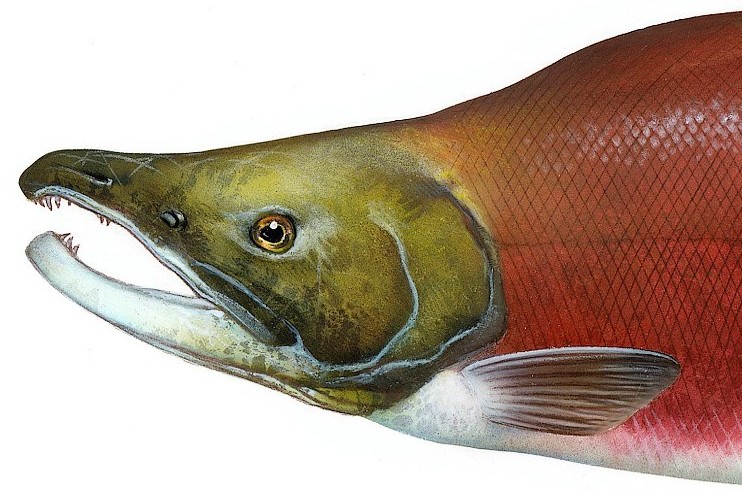Anti-Trump Republicans’ efforts to halt the party’s slide into Trumpism failed today in Cleveland as the Republican National Convention nominated Donald J. Trump for President. The defeat, the latest of many for the NeverTrump coalition, will not change the disposition of many in that group–never means never–but it does call into question what the next steps should be. NeverTrumpers must examine the situation and their own consciences and decide the course from here. Do they search among third parties and write-in candidates for the perfect person on whom to waste their protest vote, or will they unite and create a chance–even a small one–of winning enough electoral votes to throw the election into the House of Representatives. In short: do they want to make a point, or do they want to have a chance at actually winning?
There have been efforts, mostly futile, to get a conservative independent on the ballot, but in several states the deadlines for getting on the ballot have already passed. And the options are few. Mitt Romney is out. Tom Coburn is out. Even David French is out. There are rumors of a secret candidate, but as time passes they become harder to credit. If we want to have the chance of winning even one state’s electoral votes, disenfranchised conservatives must unite our efforts on some candidate who is actually on ballots nationwide.
I would say the choices are unappealing, but they’re actually better than what the major parties are putting up this year. So let’s look at the three “major” minor parties. The Libertarians are the biggest of them, and this year have nominated two credible ex-Republican former governors in Gary Johnson and Bill Weld. You may know some Libertarians who talk about privatizing roads and what not, but these guys ain’t them: they’re serious politicians with solid principles and a history of actually getting things done in state government. That’s more than can be said of Trump or Clinton.
The Green Party hasn’t nominated anyone yet, but look like to put up Jill Stein, who ran last time around. The idea of conservatives finding a home in the Green Party, a collection of people too socialistic to be Democrats, is unlikely. Nothing Stein has said convinces me otherwise.
The wild card here is the Constitution Party. Everything I knew about them can be summed up in this line from the party’s Wikipedia entry: “The party believes that the United States is a Christian state founded on the basis of the Bible…” Yeah, that’s a strange quirk in a party named after the Constitution. That said, their current nominee, Darrell Castle, doesn’t sound half-bad. In this interview, Castle says he’s more libertarian than the Libertarian nominees, calling, for example, for an end to the drug war. He’s also solidly pro-life, the only such candidate in the race (although, as I noted here, Johnson’s legal position on abortion is effectively more pro-life than Clinton’s or Trump’s.) Then again, he also wants to “[w]ithdraw from the United Nations, NATO, TPP, Nafta, Cafta, Gatt, WTO, etc.,” making him more isolationist than the Libertarians, too.
For now, I think that the Libertarians offer the best home for conservatives. But, having become unmoored from one party already this year, I’m not ready to shack up with another just yet.
